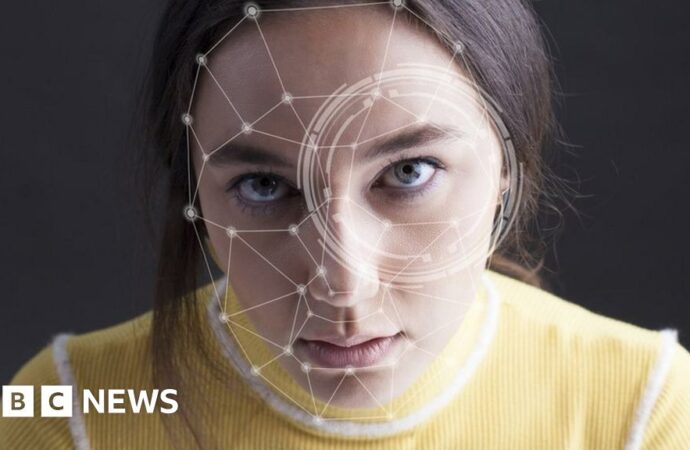The recent overturning of the UK privacy fine against Clearview AI raises concerns about the use of facial recognition technology and the potential implications for privacy rights.
In recent news, Clearview AI, a company that provides facial recognition technology to law enforcement agencies, has won an appeal against the UK’s privacy watchdog, the Information Commissioner’s Office (ICO). The ICO had fined Clearview AI over £7.5 million for unlawfully storing facial images scraped from the internet. However, the appeal tribunal concluded that the ICO did not have jurisdiction to take enforcement action or issue a fine because Clearview AI’s clients were solely law enforcement bodies outside the UK.
Clearview AI’s technology allows users to search a database of billions of images collected from the internet for matches to a particular face. It has been used by US police to solve crimes, including murders. However, critics argue that the use of Clearview AI’s technology by law enforcement puts individuals into a “perpetual police line-up,” raising concerns about privacy and civil liberties.
The recent judgement highlights the challenges surrounding the regulation of facial recognition technology and the protection of privacy rights. While the appeal was allowed based on the specific circumstances of Clearview AI’s clients being overseas law enforcement bodies, it does not grant a blanket permission for scraping activities more generally. The ICO emphasized that it still has the ability to act against companies based internationally that process data of people in the UK, particularly those that scrape data of people in the UK.
This case raises important questions about the use of facial recognition technology and the need for robust regulation to protect individuals’ privacy. As the technology becomes more widespread, there is a growing concern about the potential misuse and abuse of personal data. Striking the right balance between security and privacy is crucial to ensure that individuals’ rights are protected while enabling law enforcement to effectively combat crime.
The judgement serves as a reminder that scraping large volumes of publicly available data can fall under the purview of data protection rules. It underscores the need for clear guidelines and regulations to govern the collection, storage, and use of facial recognition data. As the use of facial recognition technology continues to expand, it is essential to address these concerns and ensure that privacy rights are upheld in the face of technological advancements.









